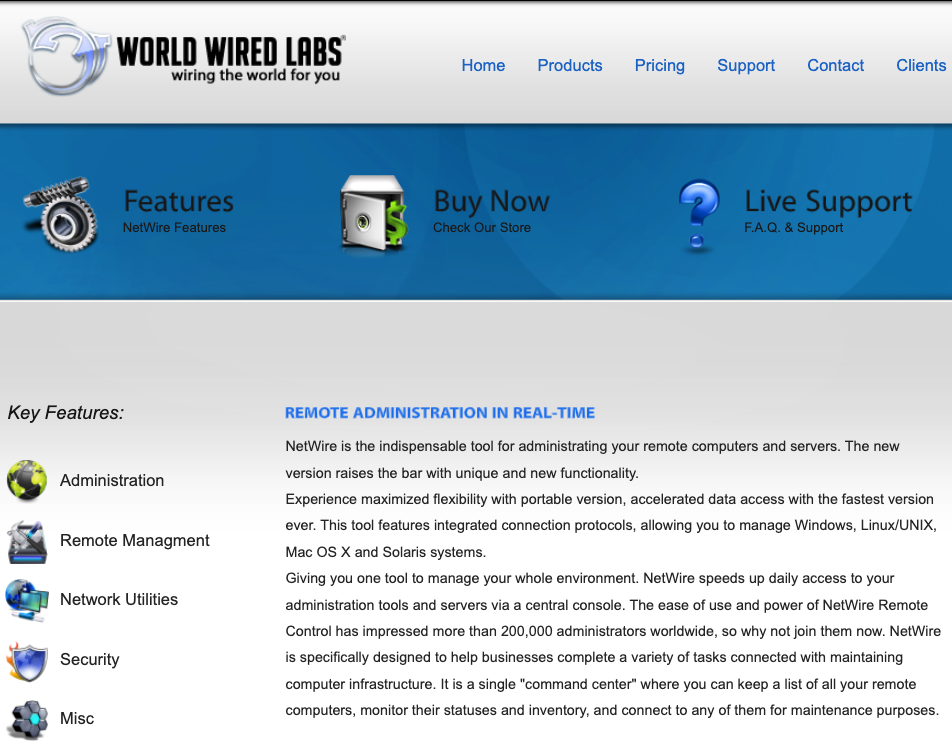Feds Charge NY Man as BreachForums Boss “Pompompurin”
samedi 18 mars 2023 à 00:39The U.S. Federal Bureau of Investigation (FBI) this week arrested a New York man on suspicion of running BreachForums, a popular English-language cybercrime forum where some of the world biggest hacked databases routinely first show up for sale. The forum’s administrator “Pompompurin” has been a thorn in the side of the FBI for years, and BreachForums is widely considered a reincarnation of RaidForums, a remarkably similar crime forum that the FBI infiltrated and dismantled in 2022.

FBI agents carting items out of Fitzpatrick’s home on March 15. Image: News 12 Westchester.
In an affidavit filed with the District Court for the Southern District of New York, FBI Special Agent John Langmire said that at around 4:30 p.m. on March 15, 2023, he led a team of law enforcement agents that made a probable cause arrest of a Conor Brian Fitzpatrick in Peekskill, NY.
“When I arrested the defendant on March 15, 2023, he stated to me in substance and in part that: a) his name was Conor Brian Fitzpatrick; b) he used the alias ‘pompompurin/’ and c) he was the owner and administrator of ‘BreachForums the data breach website referenced in the Complaint,” Langmire wrote.
Pompompurin has been something of a nemesis to the FBI for several years. In November 2021, KrebsOnSecurity broke the news that thousands of fake emails about a cybercrime investigation were blasted out from the FBI’s email systems and Internet addresses.
Pompompurin took credit for that stunt, and said he was able to send the FBI email blast by exploiting a flaw in an FBI portal designed to share information with state and local law enforcement authorities. The FBI later acknowledged that a software misconfiguration allowed someone to send the fake emails.
In December, 2022, KrebsOnSecurity broke the news that hackers active on BreachForums had infiltrated the FBI’s InfraGard program, a vetted FBI program designed to build cyber and physical threat information sharing partnerships with experts in the private sector. The hackers impersonated the CEO of a major financial company, applied for InfraGard membership in the CEO’s name, and were granted admission to the community.
From there, the hackers plundered the InfraGard member database, and proceeded to sell contact information on more than 80,000 InfraGard members in an auction on BreachForums. The FBI responded by disabling the portal for some time, before ultimately forcing all InfraGard members to re-apply for membership.
More recently, BreachForums was the sales forum for data stolen from DC Health Link, a health insurance exchange based in Washington, D.C. that suffered a data breach this month. The sales thread initially said the data included the names, Social Security numbers, dates of birth, health plan and enrollee information and more on 170,000 individuals, although the official notice about the breach says 56,415 people were affected in the DC Health Link breach.
In April 2022, U.S. Justice Department seized the servers and domains for RaidForums, an extremely popular English-language cybercrime forum that sold access to more than 10 billion consumer records stolen in some of the world’s largest data breaches since 2015. As part of that operation, the feds also charged the alleged administrator, 21-year-old Diogo Santos Coelho of Portugal, with six criminal counts.
Coelho was arrested in the United Kingdom on Jan. 31, 2022. By that time, the new BreachForums had been live for just under a week, but with a familiar look.
BreachForums remains accessible online, and from reviewing the live chat stream on the site’s home page it appears the forum’s active users are only just becoming aware that their administrator — and the site’s database — is likely now in FBI hands:
“Wait if they arrested pom then doesn’t the FBI have all of our details we’ve registered with?” asked one worried BreachForums member.
“But we all have good VPNs I guess, right…right guys?” another denizen offered.
“Like pom would most likely do a plea bargain and cooperate with the feds as much as possible,” replied another.
Fitzpatrick could not be immediately reached for comment. The FBI declined to comment for this story.
There is only one page to the criminal complaint against Fitzpatrick (PDF), which charges him with one count of conspiracy to commit access device fraud. The affidavit on his arrest is available here (PDF).







 Dugidox corresponds to the hacker handle most frequently associated with NetWire sales and support discussion threads on multiple cybercrime forums over the years.
Dugidox corresponds to the hacker handle most frequently associated with NetWire sales and support discussion threads on multiple cybercrime forums over the years.
